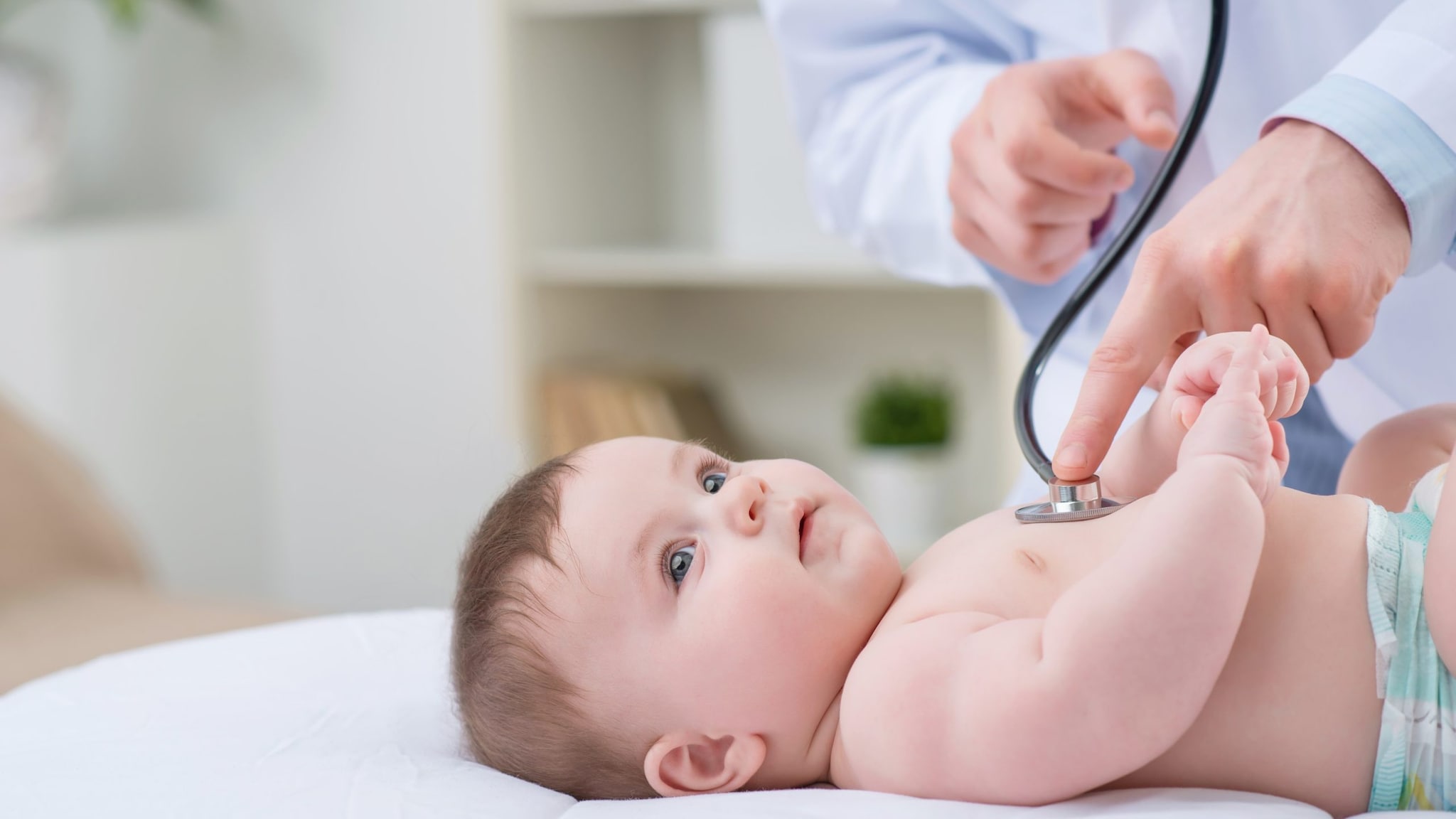Key points
- Early antibiotic treatment for pertussis (whooping cough) may make the infection less serious.
- Sometimes treatment in a hospital may be necessary if symptoms become serious.
- Most whooping cough symptoms can be managed at home.

Treatment
Healthcare providers generally treat whooping cough with antibiotics. There are several antibiotics available for treatment.
It's very important to treat whooping cough early, before coughing fits begin.
Treating whooping cough early can
- Make the illness less serious
- Help prevent spreading the bacteria that cause it to others
Starting treatment after three weeks of illness is unlikely to help even though most people will still have symptoms. By then, the infection is gone (the bacteria aren't in the body any longer). The ongoing symptoms are because the airways were damaged and take time to fully heal.
Getting treatment in a hospital
Whooping cough can sometimes be very serious and can cause complications, especially for babies. People with serious illness or complications need care in the hospital.
What to expect
Hospital treatment of whooping cough usually focuses on
- Keeping breathing passages clear
- Monitoring breathing and giving oxygen, if needed
- Preventing or treating dehydration, via fluids through the vein
Managing symptoms at home
Most people with whooping cough can manage their symptoms at home.
- Take antibiotics exactly as prescribed by your healthcare provider.
- Keep your home free from things that cause coughing like
- Smoke
- Dust
- Chemical fumes
- Use a clean, cool mist humidifier to loosen mucus and soothe the cough.
- Eat small meals every few hours to help prevent vomiting.
- Get plenty of fluids, including water, juices, and fruits.
Don't take cough medicine unless your healthcare provider recommends it. Giving cough medicine probably won't help and isn't usually recommended for children younger than 4 years old.
